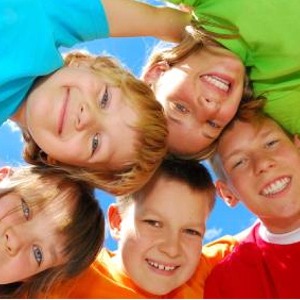 Adults have spent much of the past 20 years in a misguided attempt to prop up kids’ self-esteem with over-inflated praise and under-inflated expectations.
Adults have spent much of the past 20 years in a misguided attempt to prop up kids’ self-esteem with over-inflated praise and under-inflated expectations.
Self-esteem can only be increased by building confidence and competence, which come from having many real-life opportunities to build skills, struggle to improve, and fail and try again, with the encouraging support of parents, teachers, and peers.
An excellent article by Dr. Mark Rothman explores these concepts and more:
“But confidence and self-esteem are two separate things—and too much self-esteem can be just as troublesome as too little. Self-esteem is not about thinking you’re all that, the greatest, or God’s gift to the human race. Self-esteem is about self-accuracy. Good self-esteem means you have an accurate sense of your strengths and weaknesses. It’s a sense of knowing what your weaknesses are, accepting them, and being willing to work on them to improve matters.
“Some children, who have been programmed to have too much self-esteem, exhibit certain classic characteristics. The child views him or herself as perfect. There’s an inability to accept failure—or even second place. The child is reluctant to pursue anything that requires a struggle, or effort to succeed, for fear of failure. Another option the over-confident child may pursue is cheating—similar to what happened in the case of the famous cyclist.
“At times, that surfeit of confidence stems from unrealistic parenting—from a mother or father who says the result of everything the child does is absolutely excellent. Say a five-year-old child draws a picture. “That is the best drawing I’ve ever seen in my life,” this type of parent might say. “That’s better than anyone I’ve ever seen do it.”
Everyone needs kind-hearted realistic feedback on our strengths and weaknesses – that’s how we know where to grow next. Overprotecting kids or promoting them to the next grade when they’re failing actually undermine self-esteem – the exact opposite of what these practices are intended to do!
Self-esteem decreases bullying, too. Kids with solid self-esteem don’t seek friendships with “frenemies”, and won’t stand by while others are bullied, either.
Read all of Dr. Rothman’s excellent article here: http://www.medcan.com/articles/what_exactly_is_self-esteem/
Photo Credit iStock Photo

